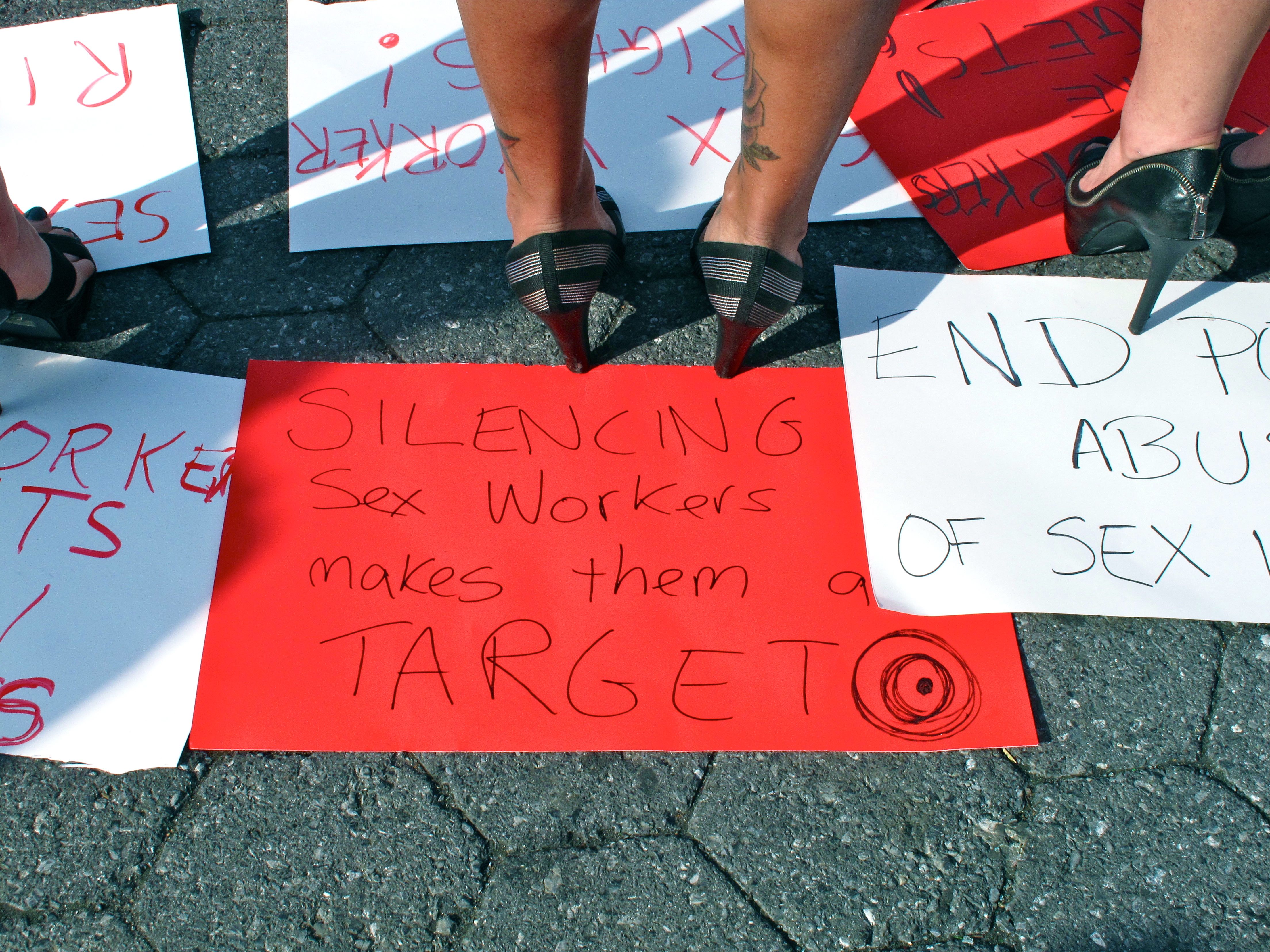Sex workers and their allies in the United States have been developing analyses of the human rights that should be enjoyed by sex workers and related communities in this country and the impact of US policies internationally. Much of what we have learned has emerged through the exploration of the human rights reporting mechanisms can be brought to bear in the United States. The Best Practices Policy Project has been inspired by organizations such as Labrys who showed us how they used international pressure to gain traction in their country (Kyrgyzstan) regarding LGBT rights. We have joined progressive organizations within the US, such as the UN Human Rights Network, and have drawn on technical support from the Sexual Rights Initiative and CUNY Law School.
Using international human rights mechanisms to pressure for rights has some limitations since the United States has only ratified a few of the major U.N. human rights treaties, (the Convention on the Elimination of All Forms of Racial Discrimination (CERD), International Covenant on Civil and Political Rights (ICCPR), the Convention against Torture (CAT), and the Convention on the Rights of the Child (CRC). These treaties do have direct bearing on sex workers’ human rights including the right to be free from discrimination; freedom from torture, cruel, inhuman and degrading treatment; the right to healthcare; and the right to equal protection under the law. Additionally, as a State party to the United Nations and member of the Human Rights Council, the U.S. is obligated to uphold the rights protected under the Universal Declaration of Human Rights (UDHR).
The Universal Periodic Review
In 2010 the Best Practices Policy Project and the Desiree Alliance worked together with the help of many other grassroots organizations to develop a report to the United Nations Human Rights Council for consideration during the Universal Periodic Review of the Human Rights record of the United States. This report—the first national assessment of the impact of anti-prostitution policies and discrimination against people in the sex trade—found that patterns of policing and abuse by the police and other state agents violate the U.S. Constitution, international standards against discrimination and treaties to which the United States is signatory.
Reaching out to the United Nations did shine a spotlight on the human rights abuses confronted by sex workers through “recommendation 86” proposed by member state Uruguay that the U.S. “ensure access to public services paying attention to the special vulnerability of sexual workers [sex workers] to violence and human rights abuses.” In March 2011 after months of organizing by Human Rights For All: Concerned Advocates for the Rights of Sex Workers and People in the Sex Trade, the State Department accepted the recommendation stating: “No one should face violence or discrimination in access to public services based on sexual orientation or their status as a person in prostitution.”


One Response to “Human Rights”